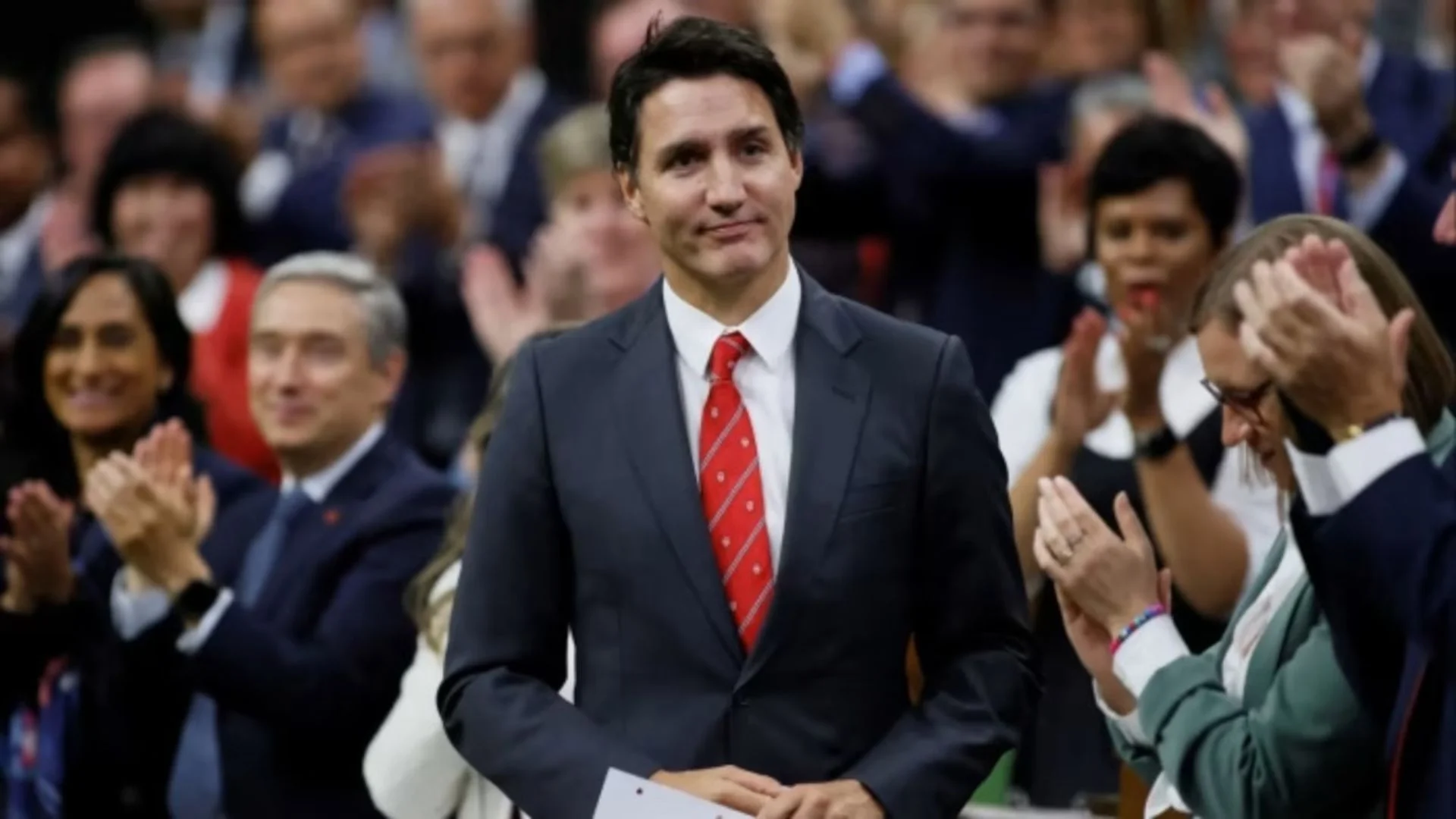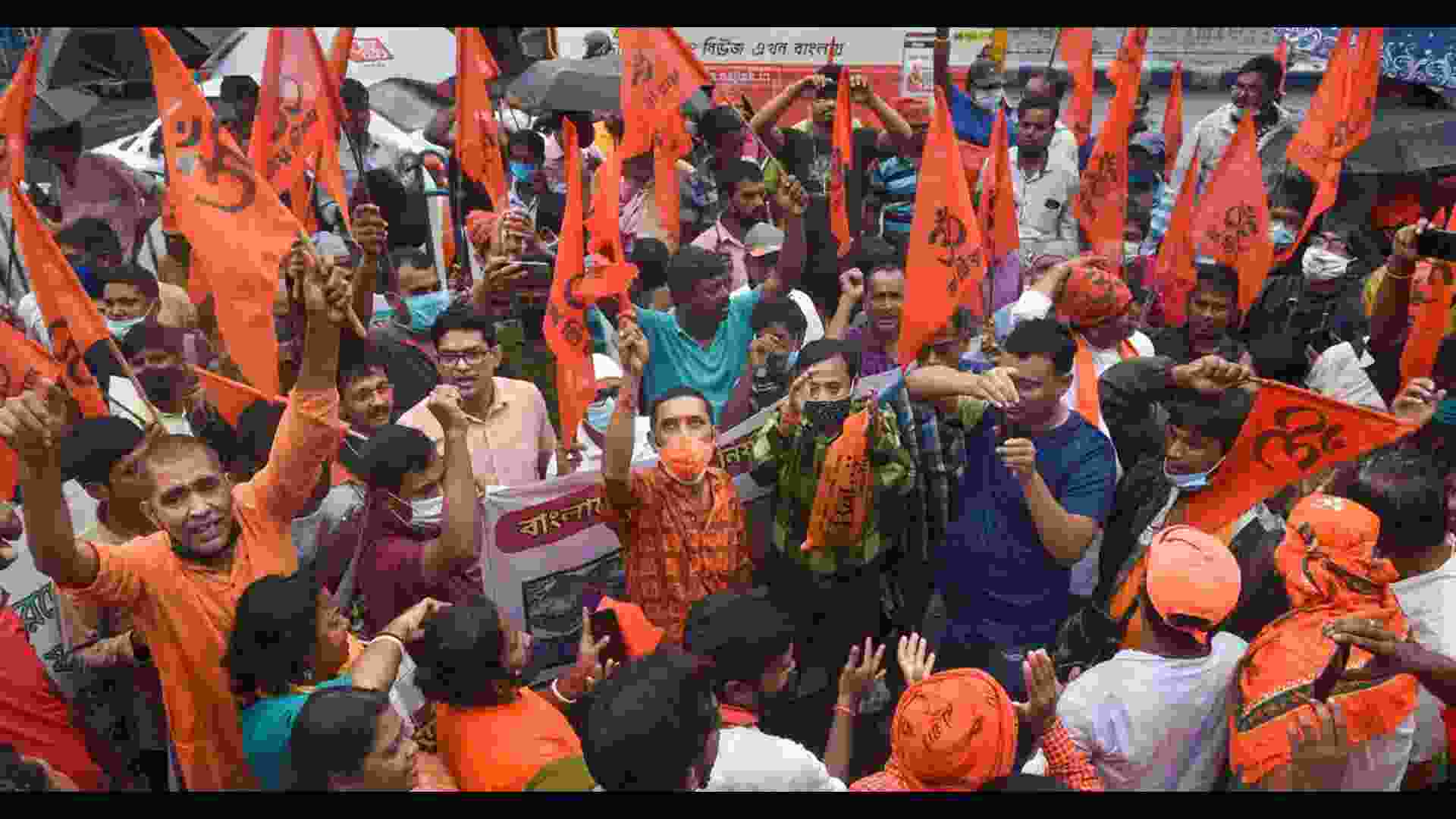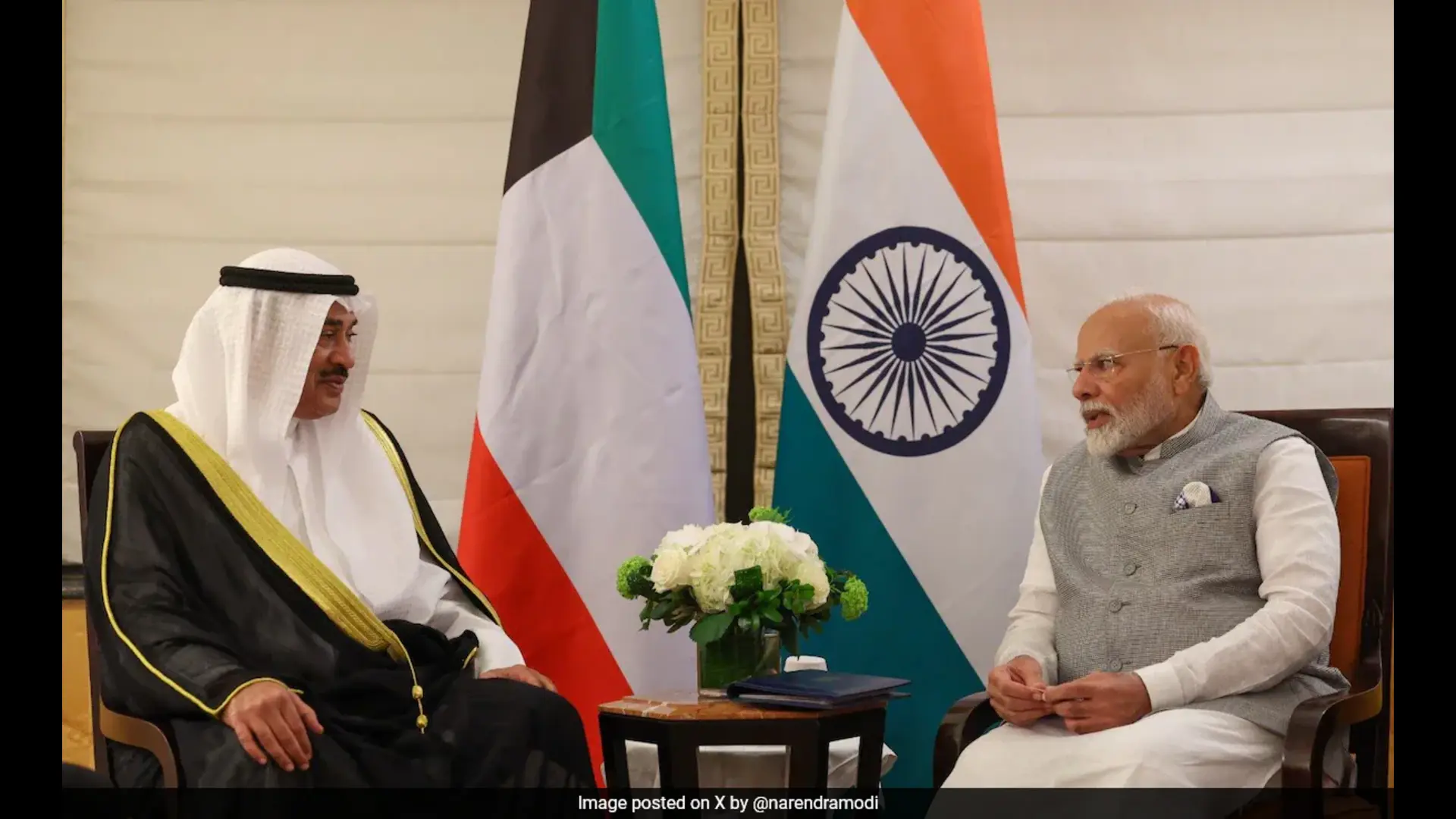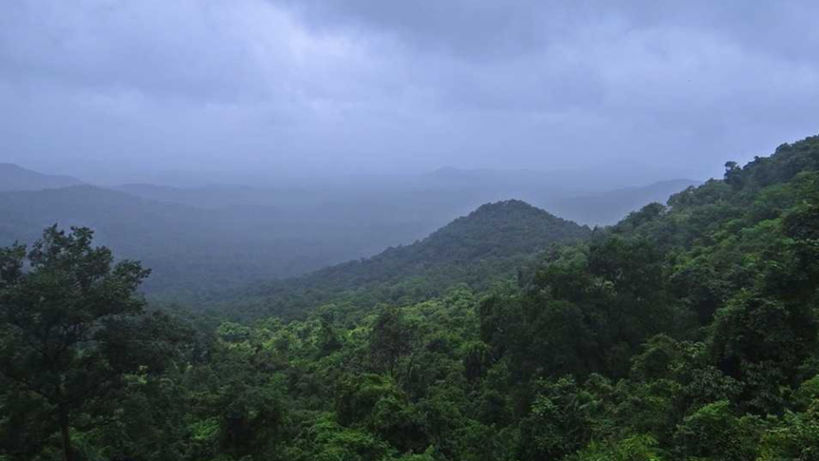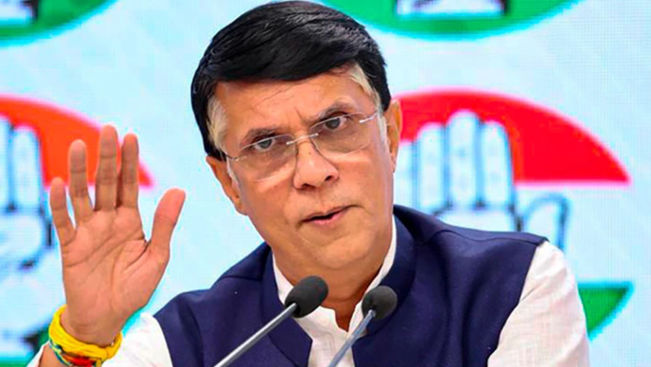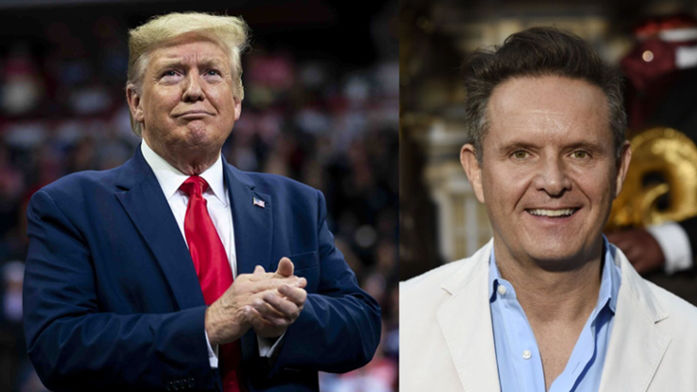Liberal Discontent Grows Following Electoral Losses
Canadian Prime Minister Justin Trudeau is experiencing mounting pressure from dissatisfied Liberal MPs urging him to resign from his leadership position. According to a report by the Times of India, which cites the Canadian Broadcasting Corporation (CBC), the recent electoral defeats in the Toronto-St. Paul’s and Montreal by-elections have intensified discontent with Trudeau’s leadership. This has led to secret meetings among party members discussing a potential leadership change, with at least 20 MPs reportedly signing a pledge in support of such a move.
Frustration within the party has escalated during Trudeau’s absence from Parliament for an international summit in Laos, particularly concerning unresolved key appointments, including the replacement for Jeremy Broadhurst, the recently resigned campaign director. As the nation heads toward elections, many MPs feel pressured to take action to improve the party’s standing in light of declining poll numbers. The CBC’s Poll Tracker indicates that the Liberals are trailing the Conservatives by approximately 20 percentage points, further complicating the situation.
Tensions with India Escalate Amid Khalistani Allegations
The internal pressure on Trudeau is compounded by escalating tensions between Canada and India, particularly after Trudeau’s allegations regarding Indian government involvement in the assassination of pro-Khalistani figure Hardeep Singh Nijjar in British Columbia. Trudeau’s claims of credible allegations have strained diplomatic relations and heightened concerns over the rise of Khalistani sentiments in Canada. The Indian government has categorically denied these allegations, labeling them as “absurd” and politically motivated.
Recently, India received a diplomatic communication from Canada indicating that the Indian High Commissioner and other diplomats are “persons of interest” in an investigation. The Indian Ministry of External Affairs (MEA) described these claims as “preposterous” and asserted that they stem from the political agenda of the Trudeau government, which is centered around “vote bank politics.” The MEA also criticized the aspersions cast on the Indian High Commissioner as “ludicrous” and deserving contempt, warning that India reserves the right to take further action in response.
Calls for Accountability Amid Foreign Interference Concerns
The MEA emphasized that since Trudeau made specific allegations in September 2023, the Canadian government has not provided any evidence to support its claims, despite multiple requests. This lack of transparency has led to suspicions that the Trudeau government is using the allegations as a strategy to divert attention from its own challenges, particularly amid criticisms of foreign interference in Canadian politics.
Trudeau’s government has faced scrutiny for allegedly allowing pro-Khalistani elements to operate with impunity in Canada. The MEA accused Trudeau of providing a platform for violent extremists and terrorists to harass Indian diplomats and community leaders in Canada, further complicating diplomatic relations. The MEA’s statement highlighted instances of threats against Indian diplomats and community leaders, asserting that these activities have been unjustly justified in the name of free speech.
As the Trudeau government navigates these challenges, the growing discontent among Liberal MPs and the escalating tensions with India present significant hurdles for the Prime Minister’s leadership and the future of his administration.

